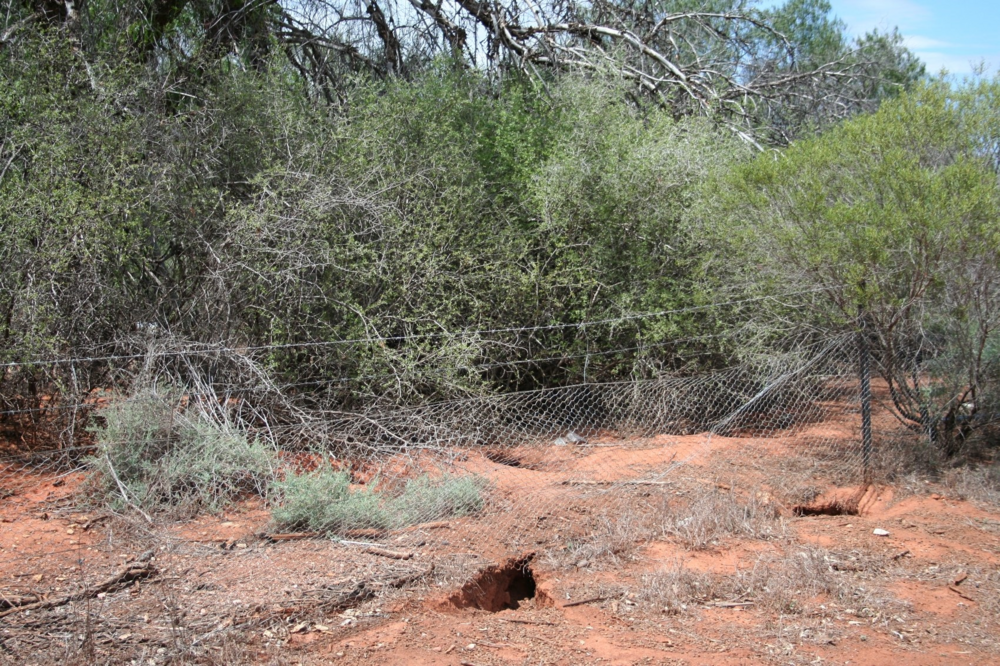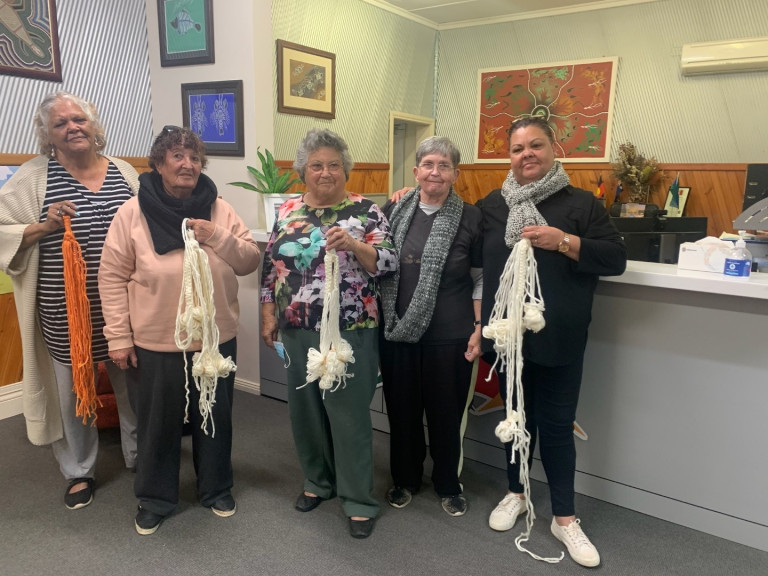Threatened Coolibah-Black Box area brought back to life
Kristin Murdock
22 July 2023, 7:40 AM
 Extensive water ponding was part of the project, showing an increase in groundcover of around 30 per cent.
Extensive water ponding was part of the project, showing an increase in groundcover of around 30 per cent.Since European settlement, most of the Coolibah – Black Box Woodlands of the Darling Riverine Plains and the Brigalow Belt South Bioregions ecological community has been cleared, or degraded by changes to flooding regimes, weed invasion and in some circumstances heavy grazing and drift of herbicides and pesticides.
The part of the Western Plains region which forms part of this delicate ecosystem stretch from Lightning Ridge, south to Coonamble and Nyngan and then funnel west along the river through Bourke and down toward Wilcannia.
Recognised as an endangered ecological community, Local Land Services (LLS) are nearing completion of five years of work to regenerate threatened areas and have completed more than 26,000 hectares of weed treatment and more than 7,000 hectares of soil erosion works.
The focus has been on 50 projects located between Brewarrina and Wilcannia. While on ground works are mostly wound up, still to come are interpretive signage.
Team leader, Natural Resource Management, Jennifer Azevedo said the project identified known threats to the condition of the woodland and ways in which LLS could work with landholders, including managing invasive species such as African Boxthorn, establishing soil erosion works and running local workshops.
"Protecting the threatened ecological community of the Coolibah-Black Box from threats is critical in protecting the community into the future," Ms Azevedo said.
"Throughout the project, LLS staff conducted on-ground monitoring of project sites. Although dictated by seasonal events, short-term comparisons between year-one and year-three sites for water ponding works show an improvement in groundcover of approximately 30 per cent."

Invasive species such as African Boxthorn were targeted for removal
The project has also assisted knowledge sharing in local Aboriginal communities by supporting the Yarning Online OnCountry, KurraPurra Pila weaving workshops held in Brewarrina, Bourke, and Wilcannia.
Aboriginal Elders and Knowledge Holders, as well as younger people, from Bourke, Brewarrina, Weilmoringle, Enngonia, Goodooga and Wilcannia took part in spiny sedge and weaving techniques to the Mura (Songlines) – Baiame, Water Snakes, Seven Sisters along the Baaka Barwon river systems and its tributaries – Ngarntu (Culgoa), Paroo and Warrego Rivers.
These sessions took place over the course of the restoration activities.
Taragara Aboriginal Corporation is an Aboriginal culturally owned and led enterprise, which works with remote Aboriginal communities across arts, research and culture, to create platforms for cultural exchange and a marketplace that will benefit remote communities including the Yarning Online OnCountry, KurraPurra Pila weaving workshops.

Yarning Online OnCountry, KurraPurra Pila weaving workshops were part of knowledge sharing in Bourke and Brewarrina.
“This project grew from another,” said Lorina Barker, Director of Taragara. “In 2020, Bourke Elders were weaving and yarning during the original Yarning Online OnCountry project.
"They used raffia and other purchased materials but were keen to work with the broad range of materials that have traditionally been used for weaving – and they were very aware that the Cultural Knowledge around caring for, harvesting, and weaving with those materials could potentially be lost.”

Landholders were engaged in community consultation




